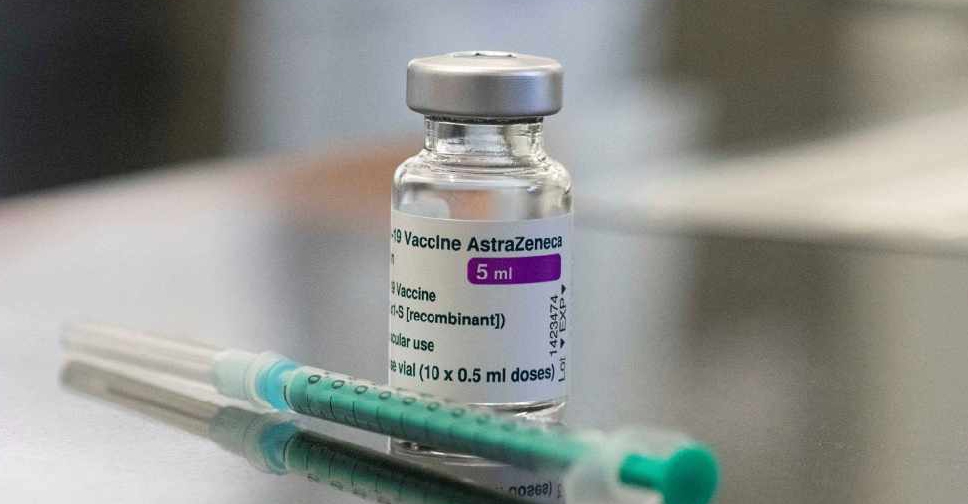
The World Health Organisation (WHO) on Monday listed AstraZeneca and Oxford University's COVID-19 vaccine for emergency use, widening access to the relatively inexpensive shot in the developing world.
"We now have all the pieces in place for the rapid distribution of vaccines. But we still need to scale up production," Tedros Adhanom Ghebreyesus, WHO Director-General, told a news briefing.
"We continue to call for COVID19 vaccine developers to submit their dossiers to WHO for review at the same time as they submit them to regulators in high-income countries," he said.
A WHO statement said it had approved the vaccine as produced by AstraZeneca-SKBio (Republic of Korea) and the Serum Institute of India.
The listing by the UN health agency comes days after a WHO panel provided interim recommendations on the vaccine, saying two doses with an interval of around 8 to 12 weeks should be given to all adults, and can be used in countries with the South African variant of the coronavirus as well.
The WHO's review found that the Astrazeneca vaccine met the "must-have" criteria for safety, and its efficacy benefits outweighed its risks.
The AstraZeneca/Oxford shot has been hailed because it is cheaper and easier to distribute than some rivals, including Pfizer/BioNTech's, which was listed for emergency use by the WHO late in December.
Nearly 109 million people have been reported to be infected by the novel coronavirus globally and more than 2.5 million have died, according to a Reuters tally.
Infections have been reported in more than 210 countries and territories since the first cases were identified in China in December 2019.
Doses of AstraZeneca's vaccine make up the lion's share of doses in the COVAX coronavirus vaccine sharing scheme, with more than 330 million doses of the shot due to begin being rolled out to poorer countries from the end of February.
The WHO established its emergency use listing (EUL) process to help poorer countries without their own regulatory resources quickly approve medicines for new diseases like COVID-19, which otherwise could lead to delays.




 Israeli attacks on Gaza killed 60 people in 24 hours
Israeli attacks on Gaza killed 60 people in 24 hours
 Trump fires National Security Agency director
Trump fires National Security Agency director
 Israel steps up Syria strikes, says Turkey aims for 'protectorate'
Israel steps up Syria strikes, says Turkey aims for 'protectorate'
 US sending Israel 20,000 assault rifles that Biden delayed
US sending Israel 20,000 assault rifles that Biden delayed



